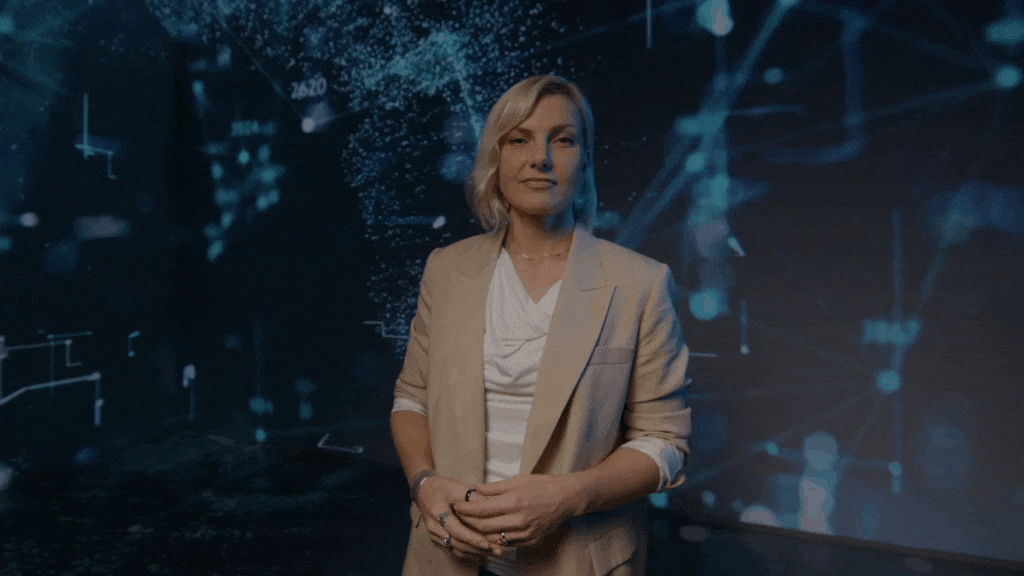A research project “Reducing Democratic Divides — From Polarization to a Cohesive Society” has been launched with the aim of analysing the causes, dynamics, and consequences of societal polarization, as well as identifying possible solutions to strengthen democratic resilience and social cohesion in Latvia.
Societal polarization is one of the most significant challenges facing contemporary democracies, as it affects both social cohesion and the quality of political processes. Increasing division into opposing ideological or identity-based groups reduces society’s capacity for constructive dialogue, collective decision-making, and cooperation toward shared goals.
“When society becomes divided into extreme ‘us versus them’ camps—for example, vaccinated versus unvaccinated, conservatives versus liberals, or ‘true patriots’ versus ‘traitors’—the ability to engage in dialogue and cooperate for the common good diminishes and, in many cases, disappears altogether. Under such conditions, distrust in the state, the media, and among citizens increases, which in turn fuels radicalization and populism and heightens society’s vulnerability to external threats, including foreign disinformation and manipulation,” explains the project leader, leading researcher at Vidzeme University of Applied Sciences Vineta Silkāne.
In the Latvian context, the issue of polarization is particularly significant given the country’s historical experience, socio-cultural diversity, and geopolitical environment. Social cohesion is a crucial prerequisite for democratic stability, national security, and societal resilience in times of crisis. A polarized society is not only less capable of collective action but also more vulnerable to external influence, including information manipulation and propaganda.
The results of the research will be applicable in practice across various sectors, including education and defence, contributing to the strengthening of societal resilience in crises and the development of evidence-based public policy.
The project (No. lzp-2025/1-0438) is funded by the state budget research programme.










